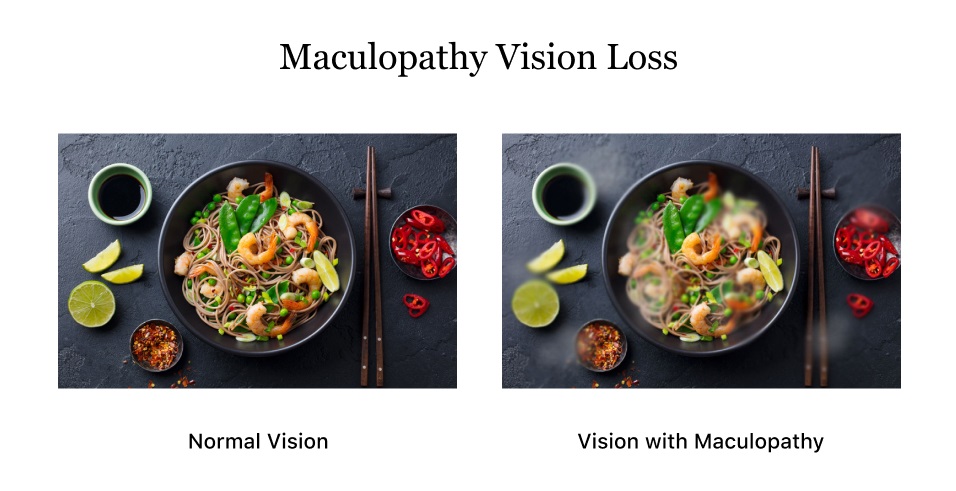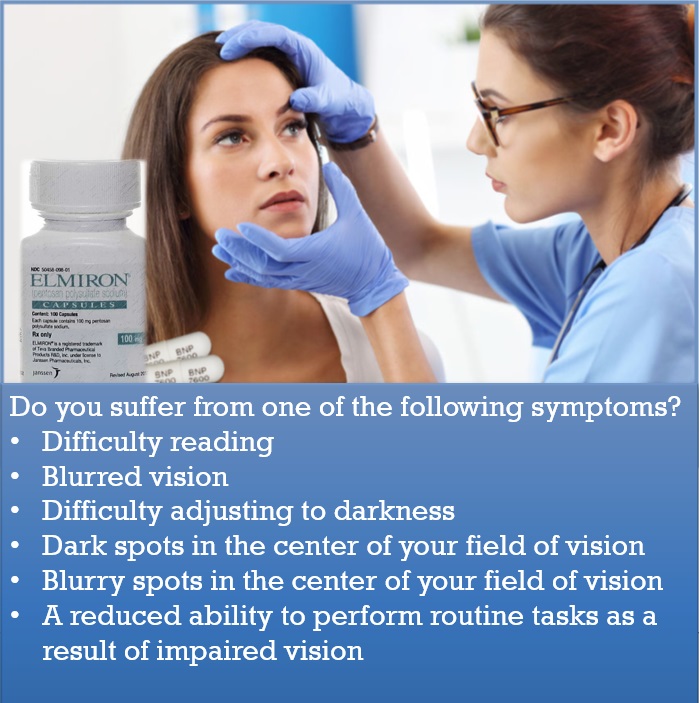Janssen Pharmaceuticals, a subsidiary of American giant Johnson & Johnson, is the main manufacturer of pentosyn polysulfate sodium (PPS), commonly known as Elmiron. Elmiron is generally used to treat a type of interstitial cystitis or painful bladder symptoms. Janssen is currently being sued over allegations, amongst others, that Janssen failed to warn patients about the risks in taking Elmiron. The lawsuits surged after Elmiron users reported significant vision impairment after years of taking the medication.
Designated as an “orphan drug” under Title 21 of the United States Code, Elmiron was made available to people who suffer from bladder pain and interstitial cystitis while further studies and testing of Elmiron were being done. Janssen was still required to provide drug interaction and warnings as part of the packaging materials and educational materials provided to the prescribing physicians. At issue is that Elmiron as distributed by Janssen is a defective and dangerous product, and that Janssen failed to provide appropriate and adequate warnings and instructions to render the medication reasonably safe for its use.
An Unforeseen Threat
Although the causal relationship between vision impairment and bladder medication might seem unlikely, the allegations raised from the Elmiron suit are supported up by a set of studies conducted by various medical and academic experts. One study in particular, in 2018, involved physicians at the Emory Eye Center at Emory University, who found that chronic exposure to PPS, or Elmiron, caused “a novel and possibly avoidable maculopathy”, suggesting Elmiron caused vision impairment. A year later, the Emory Eye Center published a study where they noted that those patients who suffered from interstitial cystitis but did not take PPS did not suffer from pigmented maculopathy, corroborating that PPS is so far the only known cause of the specific type of maculopathy, pigmentary maculopathy, experienced by Elmiron users. This same study ended by encouraging affected patients to stop taking PPS.
What is Maculopathy?
Maculopathy, also known as macular degeneration, is the progressive loss of central vision. Although maculopathy never leads to complete blindness since lateral vision is preserved, the damage done to a person’s central vision is so severe that many of those who suffer from maculopathy struggle to perform everyday tasks. Pigmented maculopathy, what many Elmiron users suffer, is characterized by the symptoms from regular maculopathy in addition to having trouble adjusting to low-level lighting and reading.
Subsequent studies showed that a disproportionate amount of chronic PPS users suffered from maculopathy, especially when compared to other medications involved in other mass torts. In October of 2019, a study by health care company Kaiser Permanente found that 22 out of 91 patients who used a significant amount of PPS for 15 years had clear retinal damage. In January of 2020, a different study found that 27 out of 117 PPS users had definite signs of maculopathy. So far, three independent studies have found PPS to cause maculopathy at a rate that could be almost as high as 1 in 4 users. As a result, Janssen is facing evidence that suggests a potentially avoidable maculopathy associated with chronic exposure to PPS.
Poor Optics
Individual lawsuits are now being filed accusing Janssen of failing to warn users of the risk of developing vision problems when taking Elmiron. In fact, Janssen opted to wait until June 2020 to put a warning on its label. The warning provides potential adverse reactions for extended use of Elmiron including “pigmentary changes in the retina… have been identified with the long-term use.” As of May 2021, there have been no recalls issued for Elmiron.
We See Your Pain, Let Us Serve You
Since Elmiron’s lawsuit is in its early stages, now is the time to act. You may be entitled to compensation if you have used Elmiron for an extended period of time and if you have either been diagnosed with pigmentary maculopathy or suffer from one of the following symptoms:
- Difficulty reading
- Blurred vision
- Difficulty adjusting to darkness
- Dark spots in the center of your field of vision
- Blurry spots in the center of your field of vision
- A reduced ability to perform routine tasks as a result of impaired vision
Our team at Oppenheim Law recognizes the emotional and economic burden these impairments can have on individuals and their lives. That is why our firm provides a team of professionals committed to zealously represent our clients.
Please feel free to call us at (954) 384-6114 or contact us at contactus@oppenheimlaw.com or chat with us at www.oppenheimlaw.com so we can inform you of your legal rights so you can obtain the compensation to which you are entitled.



